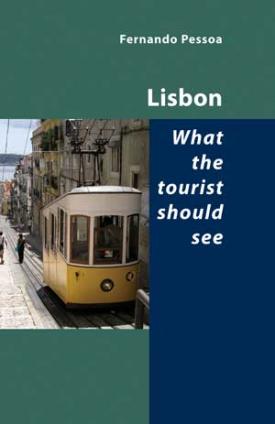Translations from Portuguese
Luís Vaz de Camões Selected Shorter Poems
This companion volume to The Lusiads (see above) brings together all of Jonathan Griffin’s translations of Camões’ shorter poems — mostly sonnets and redondilhas.
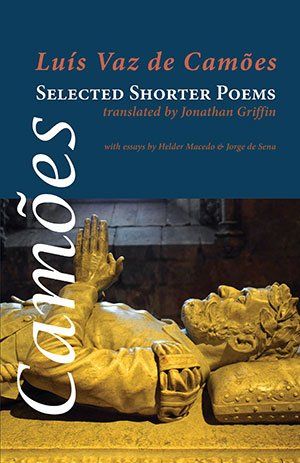
Luís Vaz de Camões The Lusiads
Shearsman Classics No. 29. Translated from Portuguese by Sir Richard Fanshawe. English only.
Published 2021. Paperback, 376pp, 9 x 6ins, £19.95 / $32
ISBN 9781848616790 [Download a sample PDF from this book here .]
The Lusiads
is Camões’ masterpiece and to all intents and purposes his attempt at a Portuguese founding narrative along the lines of the
Aeneid
, dealing with the rise of Portugal as a maritime power, rather than the rise of Rome. Fittingly, the major presence in these pages is the great navigator, Vasco de Gama. Fanshawe completed his masterly translation while under house arrest at his family estate, during the Cromwellian interregnum, and it is one of the great English literary translations of the 17th century. It holds up particularly well today against more modern versions.
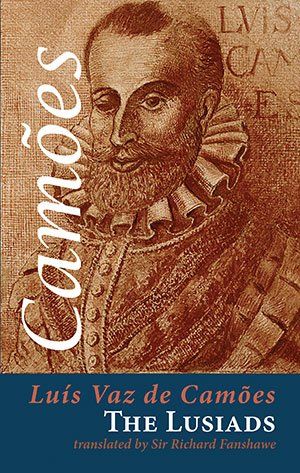
Luís Amorim de Sousa In Spite of All
Published 2015. Paperback, 114 pp, 8x5ins, £12.95 / $20
ISBN 9781848613638
In Spite of All is a memoir by a Portuguese poet, of another Portuguese poet: Alberto de Lacerda, an almost legendary figure in expatriate circles. Lacerda lived for many years in London, with sojourns also in Boston and in Austin, Texas, when lectureships took him away, but he always returned to his adopted city. A fine poet, Lacerda also had a talent for friendship, which is amply borne out by Luís Amorim de Sousa's touching memoir of his friend.
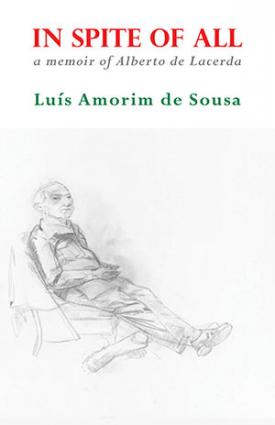
Fernando Pessoa Message
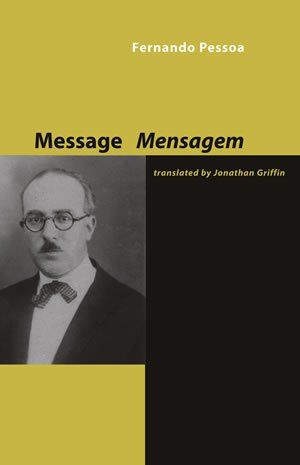
Fernando Pessoa Selected English Poems
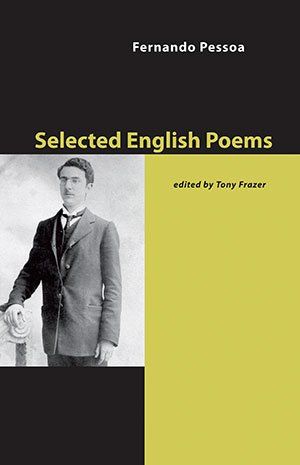
Fernando Pessoa The Collected Poems of Alberto Caeiro
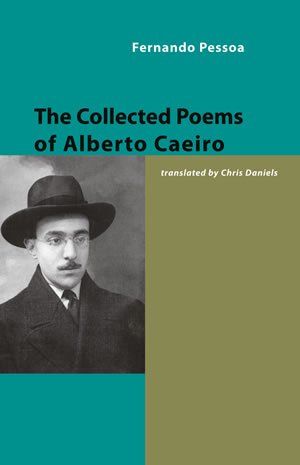
Fernando Pessoa The Collected Later Poems of Álvaro de Campos, 1928–1935
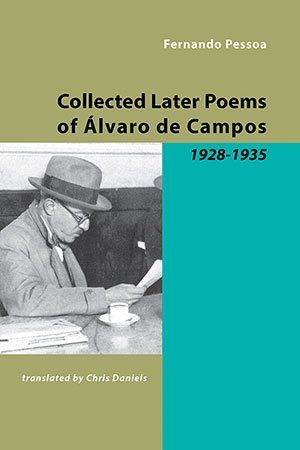
Fernando Pessoa Lisbon — What the Tourist Should See
Published 2008. Paperback, 84pp, 8.5x5.5ins, £10.95 / $18.
ISBN 9781905700752 [Download a sample PDF from this book here.]
In 1925, Fernando Pessoa wrote a guidebook to Lisbon for English-speaking visitors, and wrote it in English. The typescript was only discovered amongst his papers in the 1980s. The book is fascinating in that it shows us Pessoa's view of his native city — and Pessoa, as an adult, rarely left Lisbon, and it figures large in his poetry. The book can still be useful to visitors today, given that the majority of the sights described are still to be found. A fascinating scrap from the master's table… See also this website for an interactive online version of the text, with useful maps and photos.
